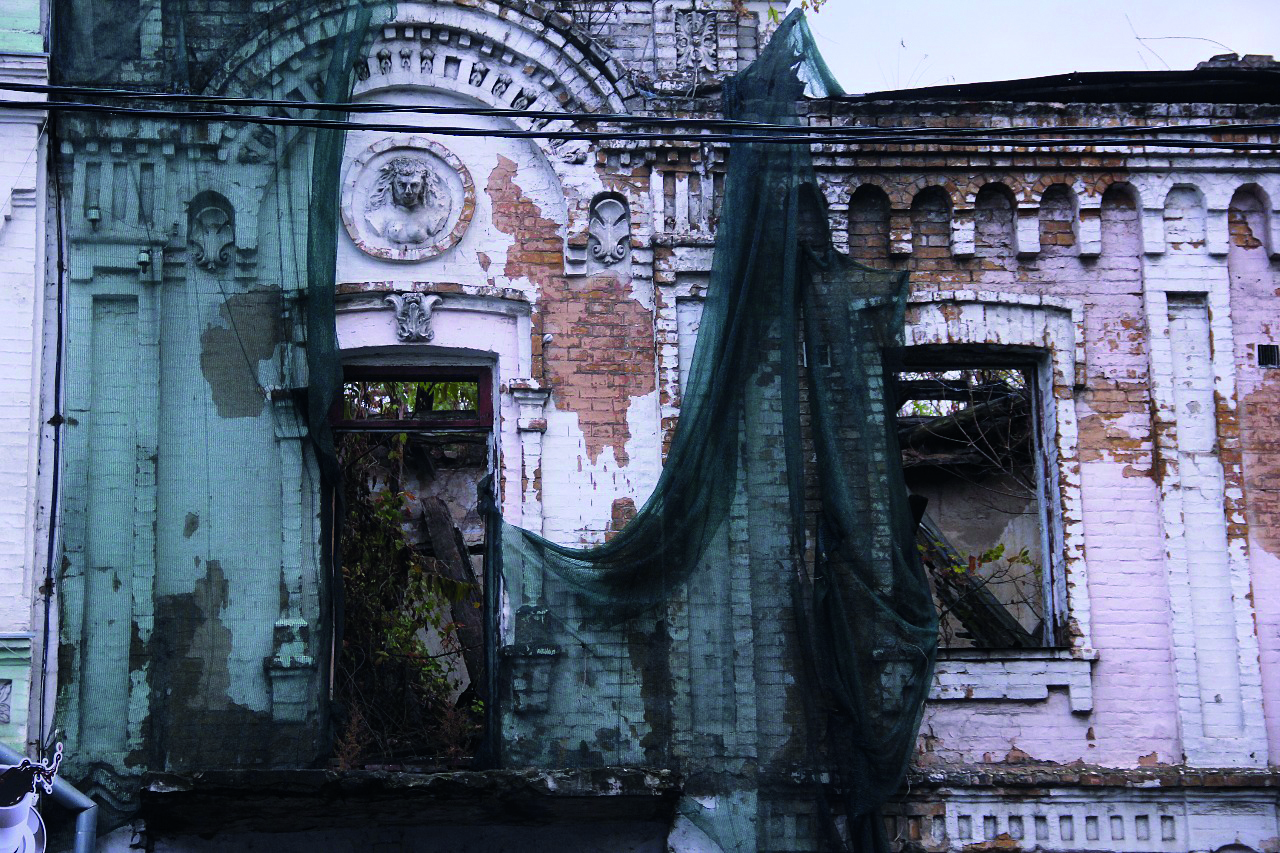The Rule of Law

There are a few elements of change that can bring success and growth to Ukraine’s economy. None perhaps are as likely to make more of an impact than a determined effort to arrive at a point where everyone in the country (private citizens and business folk alike) can depend on justice to be honestly dispensed by Ukraine’s courts of law.
The events of late 2013 and early 2014 called for profound change in Ukraine. What we have seen since then regarding the legal system has been tinkering and window dressing. The politics of Ukraine are still such a cutthroat business that it is necessary to have a tame judiciary in order to protect the continuation of business practices that, in any accountable democracy, politicians would simply be barred from participating in. The key word in that last sentence is accountable – as long as the system of both investigation (through the prosecutor’s office) and dispensing of justice (through the courts) can be controlled, accountability is avoided, and therefore business as usual.
The post-revolution changes to, including supposed improvements of, the legal system have attracted headlines but not praise. The Supreme Court of Ukraine has been rejigged with several guises of supreme court merged into one: the separate Chambers of the Supreme Administrative Court, the Supreme Economic Court, and the Supreme Specialised Court have all ceased to exist. Instead, there is now one unified ‘Supreme’ Court, without any peripheral – or competing – bodies. Some would say it has been streamlined, others would say consolidated. In any case, the make-up of the new Supreme Court has caused rightful concern amongst anti-corruption activists.
In September of 201 7, the High Council of Justice appointed 113 individuals to form the new Supreme Court. This number came from an initial pool of 120 candidates. Between the nomination and selection processes, the Public Integrity Council civic society watchdog evaluated and vetted the candidates. At the end of that process, the Council, believing they’d been given a veto right, announced that 25 of the candidates should not serve in Ukraine’s highest court because they were “ethically unfit”. The veto turned out to be nothing of the kind and the candidates who were deemed compromised by past activities, rulings, unexplained wealth, or other significant problems were in any case appointed judges of the Supreme Court.
In what other country can there be any discussion of what is an acceptable per cent of supreme court judges who have been deemed too corrupt to serve? Apparently, in Ukraine, the answer to that question is not zero, it is 20%. A piece of advice to those who wield power in Ukraine: not only is the only acceptable answer to that question zero, but the question never should have even been asked in the first place.
There is current debate about another level of court (jestering?) to be added into Ukraine’s already dysfunctional system – a special Anti-Corruption Court, which will deal with high level allegations of abuse of power by people in (or close to?) elected office. We have bodies such as the Venice Commission weighing in with their opinions on how this might look and be staffed. Those holding the levers of power in Ukraine, however, want to ensure they have control over the appointments of those wearing the robes on this bench too. While it’s true no outside body can overtly interfere in this matter by instructing Ukraine on who should or should not be part of this court, the past has km, there are currently in excess of 7 600 serving judges in towns, villages, and cities from Sumy to Mukachevo, and all points in between. How many of them can be relied on to dispense rulings based on the merits of a case, on right and wrong, on facts as opposed to coercion? If Ukraine is to give all citizens the profound change that was the demand of the Maidan, all citizens must have the right to a fair hearing by a professional judge in an honest court. It’s not only a matter of the highest levels of corruption being relevant in the matter of justice for all, it’s facilitating a major shift in the psyche of the nation to a situation where justice is treated as a right, and with that accountability is something bequeathed.
If this seems too great a challenge for the myopic watchers of their own asses currently being dragged kicking and screaming towards almost every meaningful reform we have had in the last few years, here’s the upside. A guaranteed rule of law in a state abundant with natural resources, vast pools of talent, and inexpensive manpower will reap the rewards of foreign investment with knock on effects to the economy. FDI will soar, bringing with it foreign expertise as well as capital, including international best practices and safety standards to the workplace. GDP will soar, unemployment will tumble, tax revenues will rise, and the safety net for the most vulnerable in society will widen. Seems like a fair trade off.
But then, rule of law should, in any case, be a given. And not something I ever thought I would have to fight for in my lifetime.
Paul Niland is a long-time resident of Kyiv, political commentator, and founder of Statement Email.











